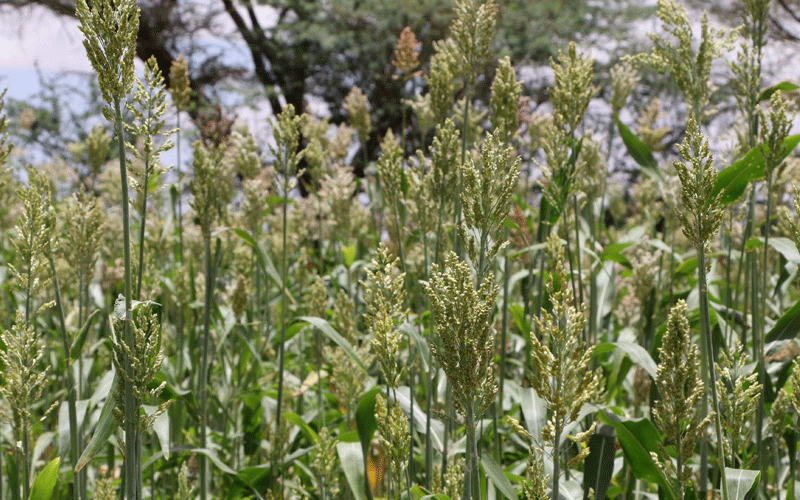Take safety of food concerns seriously

A survey by a consumer group has painted a grim picture on the status of food that Kenyans buy and consume at home.
The Consumer Grassroots Association survey that sampled 9,592 respondents in three counties says 88 per cent of participants were worried about food safety, especially at source, production and transportation.
What is more concerning is that only 36 per cent of participants are aware of the food safety threats such as use or misuse of pesticides, lack of proper sanitation at the markets, contamination during transportation and preparation.
This should be a call to action because, according to the World Health Organisation, 600,000 people in the world fall ill and 420,000 die after consuming contaminated food.
Of this number, 40 per cent are children, with deaths recorded at 125,000 per year.
Against this background, it is important that individuals, organisations and government work together to promote food safety.
At individual level, practising simple actions like buying food from reliable sources, proper washing and adequate cooking of food, could go a long way in protecting them.
For organisations, creating civic education and awareness about food safety is vital in promoting better nutrition and reducing foodborne burden on individuals and the community.
Implementing existing food laws and regulations is vital in promoting safe consumption.
Food handlers should incorporate facilities and practices that significantly reduce risk of unsafe food.
As the survey indicates, most respondents feel that county governments are not doing enough to promote food safety.
This means there is a gap either in policy formulation or implementation at county level.
As such county governments must lay out strategies to create policies and implement them to reduce impact in their own counties.
The same goes for the national government, which must go beyond policy formulation to build and maintain food systems that not only monitor but also respond to food safety concerns in a timely manner, including during emergencies.
Additionally, authorities should partner with stakeholders in various sectors from public health to agriculture for awareness creation on and implementation of food safety practices.
Importantly, the government must integrate food safety into other aspects of life including nutrition and food security.
With increased availability of food and awareness of what constitutes safe items, consumers would be better placed to make good choices that would promote healthy lives.








